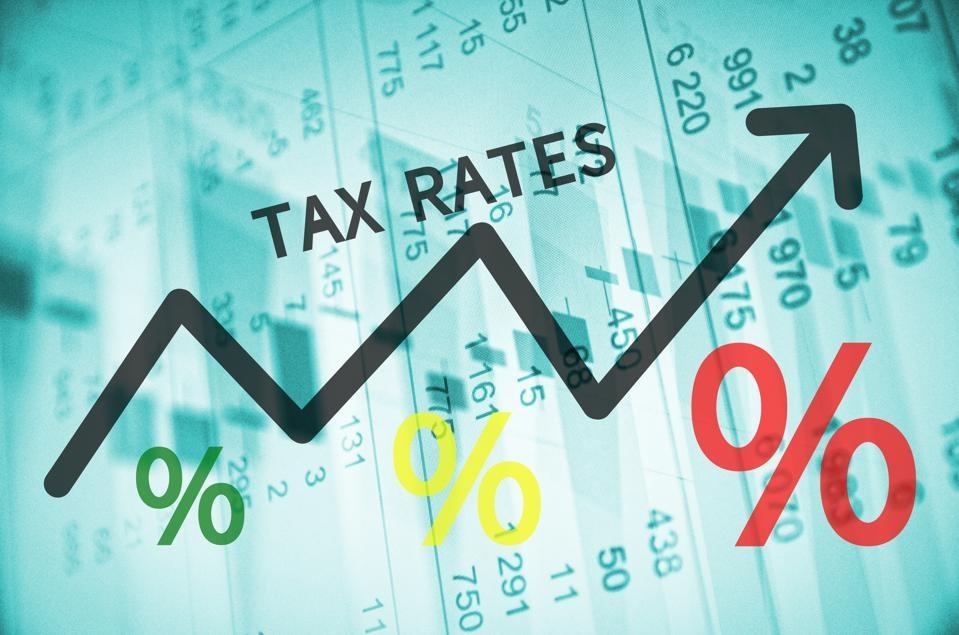S Corporation shareholders and partners in partnerships could potentially see a significant increase in their federal income tax rates by the end of December 31, 2025, due to the expiration of certain tax laws. The sunsetting of the 199A deduction and an increase in individual federal income tax rates are expected to raise the effective tax rate for pass-through entity owners from 30% to 39.6%. Additionally, taxable income could rise due to the expiration of Tax Cuts and Jobs Act provisions, such as bonus depreciation decreasing and a more restrictive interest expense limitation calculation being applied.
The looming increase in the effective tax rate for pass-through entities may catch many businesses off guard. Unlike other changes to federal tax law that require a bill to be passed, the sunsetting provisions are set to take effect without any Congressional action. The budget reconciliation process, which only requires a simple majority in the Senate, was used to pass the Tax Cuts and Jobs Act in 2017, resulting in a reduction in taxes between 2018 and 2025. Without Congressional intervention, tax rates will surge for many small and privately held businesses at the end of 2025.
Several tax provisions that are increasing taxable income for pass-through entity owners are already in effect, including the capitalization of research and experimental expenditures and a more restrictive interest expense limitation calculation. As a result, the effective tax rate for these businesses could see a significant spike if no legislative changes are made before 2026. The expiration of the 199A deduction and the increase in individual income tax brackets and rates are expected to contribute to the tax increase.
C corporations currently benefit from a lower federal income tax rate of 21%, which was made permanent under the Tax Cuts and Jobs Act. While many point out the double taxation of C corporation earnings, where dividends are taxed at the corporate level and again at the shareholder level, studies suggest that a significant percentage of C corporation shareholders do not pay this second level of tax. This means that pass-through entity owners could face a higher effective tax rate compared to C corporations if the sunsetting provisions take effect.
Congressional leaders face challenges in navigating the budgetary constraints associated with extending the TCJA provisions and other tax credits. The potential increase in the national deficit has raised concerns, and lawmakers are exploring ways to revise the Internal Revenue Code to ensure fair tax rates for all types of business entities. Business owners are encouraged to advocate for themselves and engage in discussions about the impact of sunsetting tax provisions on their businesses, including investments, expansion, and employment opportunities.
As Congress contemplates tax reform and the potential impact of sunsetting provisions, pass-through entity owners are urged to stay informed and participate in the dialogue surrounding federal income tax reform. The implications of these changes could have far-reaching effects on businesses and the economy as a whole. It is crucial for business owners to understand how these changes may impact their operations and to actively engage in conversations about tax reform.


